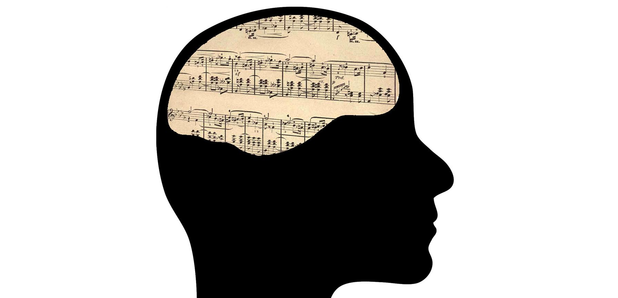30 minutes of musical training can increase blood flow to the left hemisphere of the brain, so says a new study carried out by the University of Liverpool.

A group of 14 musicians and 9 non-musicians were both given musical and word-generating tasks while their brain activity was monitored. The brain activity for both tasks were very similar in the group of musicians, but not in the group of non-musicians.
This was followed by a separate test in which another group of non-musicians was given 30 minutes of musical training (involving learning to tap a complex rhythm) and then given the word and music tasks once again.
This was followed by a separate test in which another group of non-musicians was given 30 minutes of musical training (involving learning to tap a complex rhythm) and then given the word and music tasks once again.
Gallery: Stunning pictures of classical music in conflict
Brain activity in this second group of non-musicians before the musical exercise showed no significant similarities with the first group, but after the musical training the brain activity had more in common with them.
Amy Spray, who carried out the experiments, commented: "The areas of our brain that process music and language are thought to be shared and previous research has suggested that musical training can lead to the increased use of the left hemisphere of the brain."
Dr Georg Mayer, also of the University of Liverpool, said: "This suggests that the correlated brain patterns were the result of using areas thought to be involved in language processing. Therefore we can assume that musical training results in a rapid change in the cognitive mechanisms utilised for music perception and these shared mechanisms are usually employed for language."
Brain activity in this second group of non-musicians before the musical exercise showed no significant similarities with the first group, but after the musical training the brain activity had more in common with them.
Amy Spray, who carried out the experiments, commented: "The areas of our brain that process music and language are thought to be shared and previous research has suggested that musical training can lead to the increased use of the left hemisphere of the brain."
Dr Georg Mayer, also of the University of Liverpool, said: "This suggests that the correlated brain patterns were the result of using areas thought to be involved in language processing. Therefore we can assume that musical training results in a rapid change in the cognitive mechanisms utilised for music perception and these shared mechanisms are usually employed for language."
Read more at http://www.classicfm.com/music-news/






